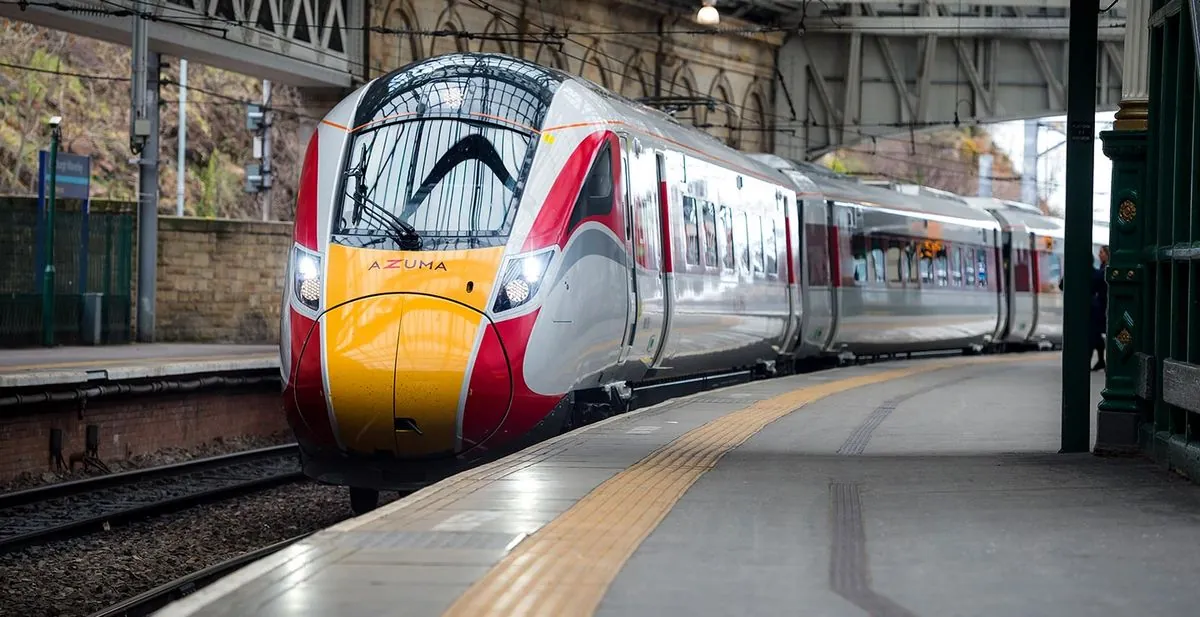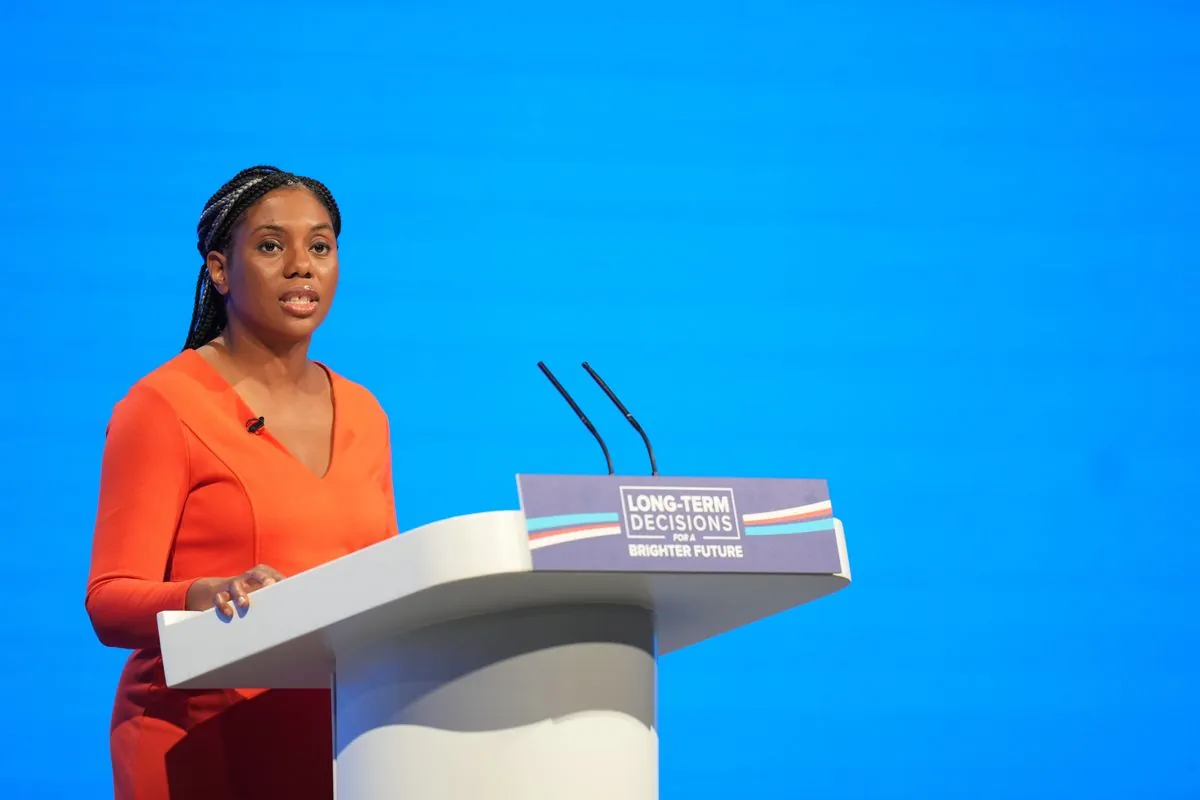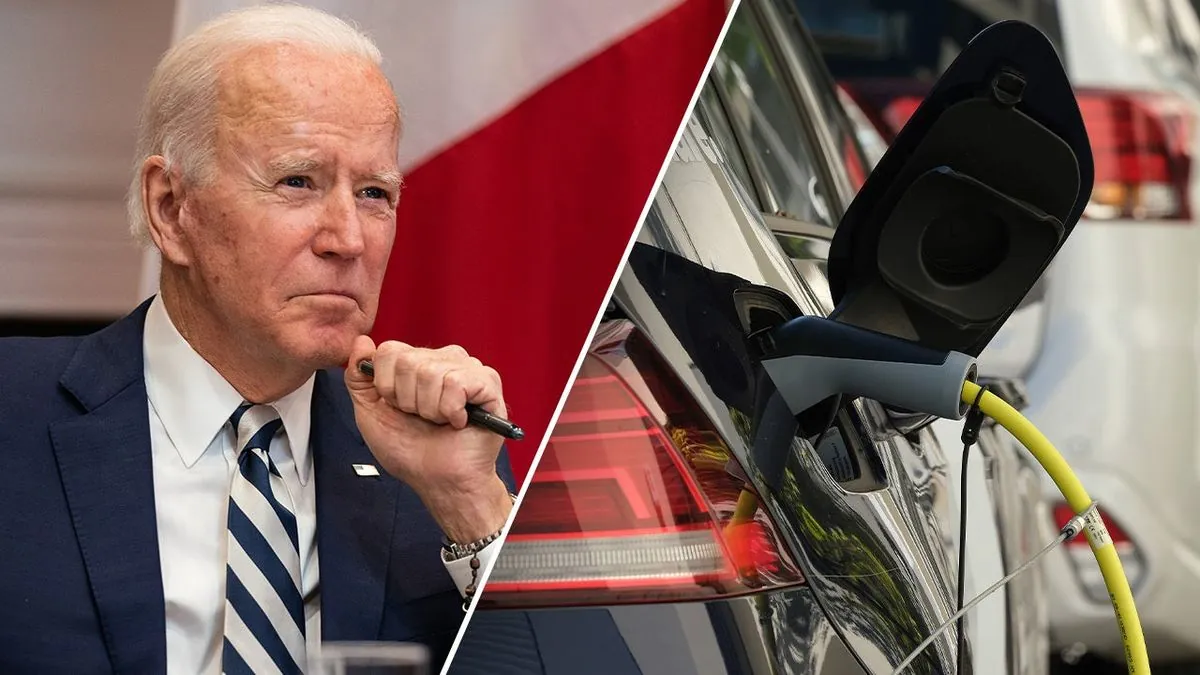LNER's New 'Flex' Tickets Spark Controversy as Off-Peak Fares Vanish
LNER introduces controversial 'flex' tickets, replacing off-peak fares on 26 stations. Critics claim it's a price hike, while LNER defends the change as simplification. The move comes amid record train cancellations and industry financial challenges.

London North Eastern Railway (LNER) is set to implement a significant change in its ticketing system, sparking debate among commuters and industry experts. From September 30, 2024, the train operator will introduce new 'flex' tickets across 26 stations on its route between London and Scotland, effectively eliminating the traditional off-peak and super off-peak fares.
The new system, dubbed "Simpler Fares" by LNER, will offer three options: fixed, semi-flexible, and fully flexible tickets. This change affects one of the UK's busiest rail routes, the East Coast Main Line, which spans approximately 936 miles and serves over 50 stations.
Critics argue that this move is essentially a price increase in disguise. When LNER first introduced flex tickets in January 2024, a super off-peak fare between London and Edinburgh cost £87. Now, the cheapest available ticket on LNER's website for the same journey is £107.80 for an advance ticket, or £127.80 for the new "semi-flexible" fare – a 46% increase compared to the old super off-peak ticket.
Roger French, a transport blogger, expressed concern about the changes: "This pilot is all about doing away with off-peak tickets by the back door. The Department for Transport is testing passenger reaction to a new era of rail ticket price extortion."

Mark Smith, known as The Man In Seat 61, offered a balanced view, acknowledging both positives and negatives of the new system. He praised LNER for simplifying fares and pricing them one-way but criticized the reduced flexibility of the new tickets compared to the old off-peak fares.
LNER, which operates high-speed Azuma trains capable of reaching 125 mph, defended the changes. The company stated that most customers choose fixed tickets for their value, and in August, around half of all 70-minute Flex fares cost less than the withdrawn super off-peak fare.
This ticketing overhaul comes at a time when LNER, like many rail operators, faces significant challenges. Between July 2023 and June 2024, the company experienced its highest level of train cancellations on record, with an average of 5% of services partially or fully withdrawn.
The broader context of the UK rail industry's financial struggles is evident. In the previous year, Network Rail received £7.5 billion in taxpayer subsidies, while passenger train companies required an additional £4.4 billion. LNER itself was nationalized in 2018 after its predecessor, Virgin Trains East Coast, encountered financial difficulties.
As the debate continues, it's worth noting that LNER has been investing in digital ticketing and mobile apps to enhance customer convenience. The company also operates a loyalty program called LNER Perks for frequent travelers, aiming to offset some of the pricing concerns.
With the Labour Party proposing to nationalize all passenger train companies under a new entity called Great British Railways, the future of rail travel in the UK remains a topic of intense discussion. As LNER implements these changes, passengers and industry observers will be closely watching the impact on both ticket prices and service quality.
"This would put the passenger first."


































